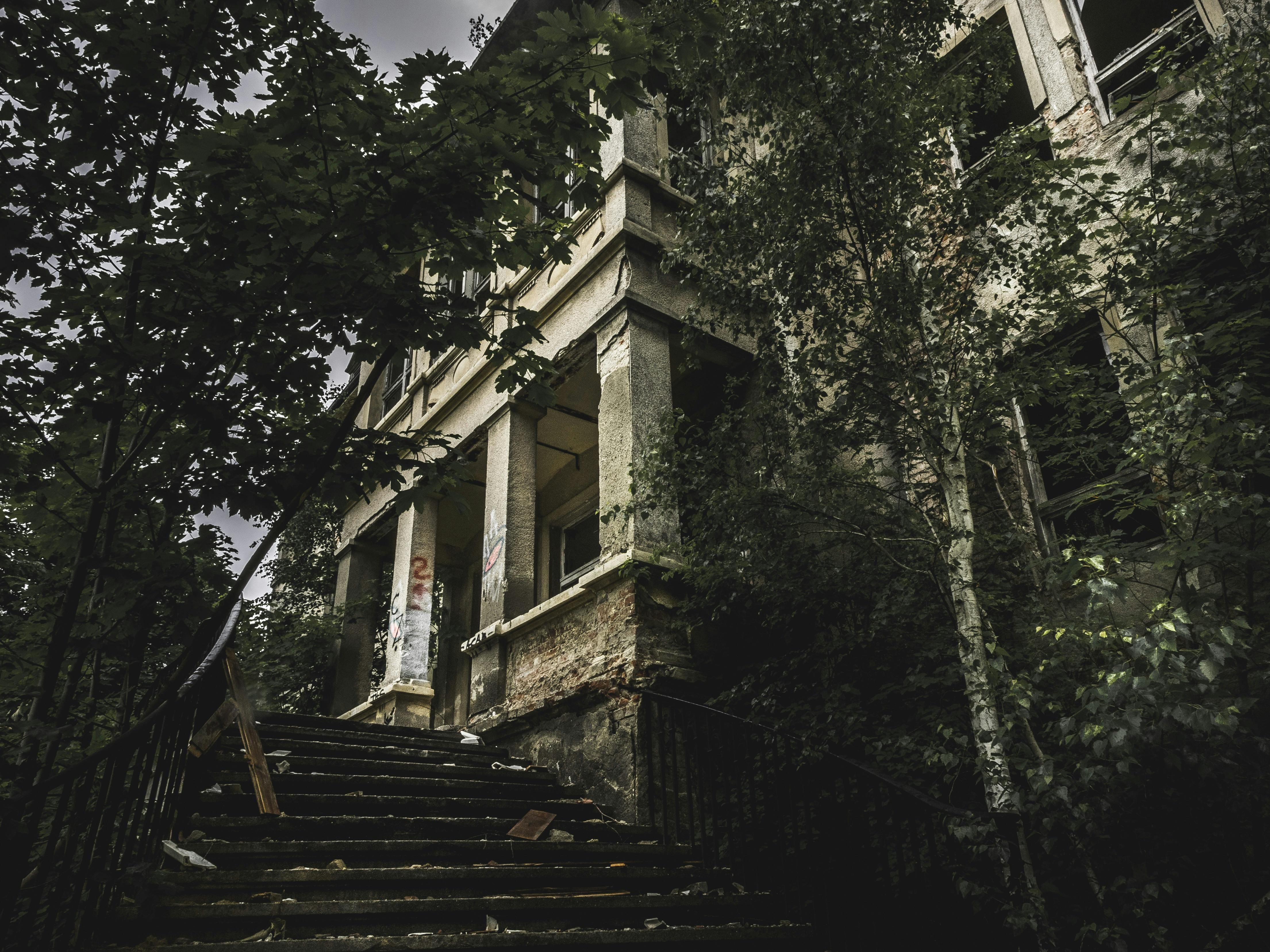Delving into the Enigmatic World of Dark Tourism: A Contemporary Travel Trend
Dark Tourism, a travel trend that is both fascinating and controversial, is gaining traction among modern travelers. This relatively new form of tourism involves visiting locations associated with death, disaster, or the macabre. From the catacombs of Paris to Chernobyl's haunting remnants, dark tourism offers an immersive, thought-provoking experience that challenges conventional notions of travel.

Unraveling the Origins of Dark Tourism
The concept of dark tourism is not new. Throughout history, humans have found themselves drawn to places of tragedy and death. Medieval pilgrims traveled to witness miracles and relics of saints, often associated with death. With the rise of global travel, visiting sites of historical tragedies became more accessible, marking the birth of what we now know as dark tourism.
The Growing Appeal of Dark Tourism
Today’s travelers seek more than picturesque landscapes and leisurely vacations. They crave authentic experiences, deeper understanding, and connectivity with world events. Dark tourism caters to this desire, offering a compelling blend of history, culture, and emotion. It brings to life the darker aspects of human history, urging tourists to reflect on societal issues and the fragility of life.
Navigating the Ethical Aspects of Dark Tourism
While dark tourism can be an educational experience, it also raises ethical questions. Is it right to capitalize on tragedy? How can tourists respect the sensitivity of these sites? It’s essential for dark tourists to approach these locations with empathy, understanding, and respect. This includes refraining from taking disrespectful photos or causing any kind of disturbance on-site.
The Impact of Dark Tourism on Travel Culture
Dark tourism has reshaped travel culture, encouraging travelers to step out of their comfort zones and confront tough realities. It encourages a shift from mindless consumption to conscious exploration, promoting a more profound, meaningful connection to the places we visit.
The Future of Dark Tourism
The future of dark tourism lies in its ability to adapt to changing societal norms and attitudes. As long as there is an interest in history and an eagerness to understand the human condition, dark tourism will continue to grow.
Engaging with Dark Tourism
- Consider the historical context: Understanding the background of the sites you visit will enrich your experience and foster a deeper respect for the location.
- Be respectful: Remember that these sites often represent someone’s tragedy or pain. Show empathy and respect in your behavior and actions.
- Reflect on your experiences: Use your visit as an opportunity for introspection and learning.
In conclusion, dark tourism is a contemporary travel trend that offers an alternative to traditional tourism. It represents a shift towards more meaningful, thought-provoking travel experiences, encouraging travelers to explore the depths of human history and its impact on the present. However, it is crucial to approach these sites with respect and empathy, acknowledging the historical significance and emotional weight they carry. While dark tourism may not be for everyone, for those willing to delve into its enigmatic world, it promises a travel experience unlike any other.






